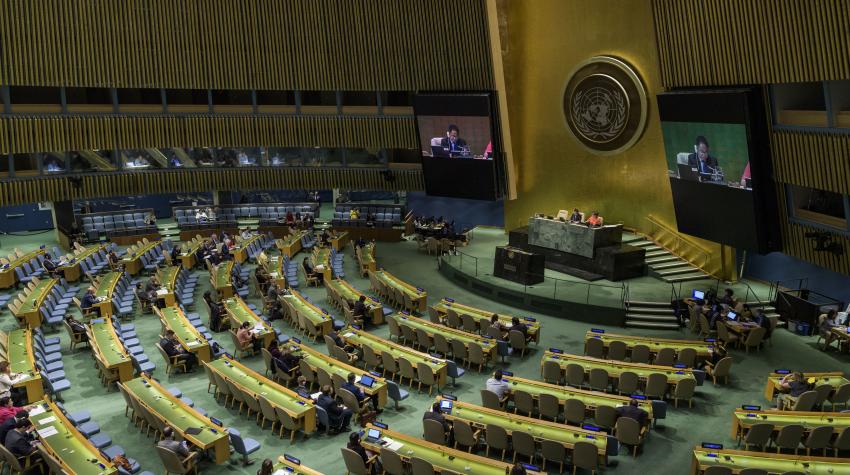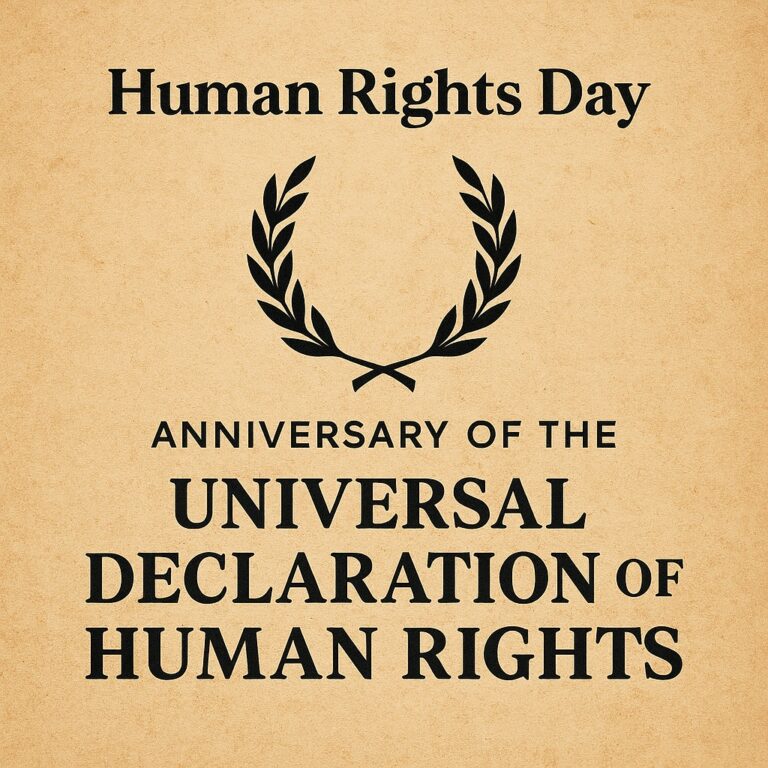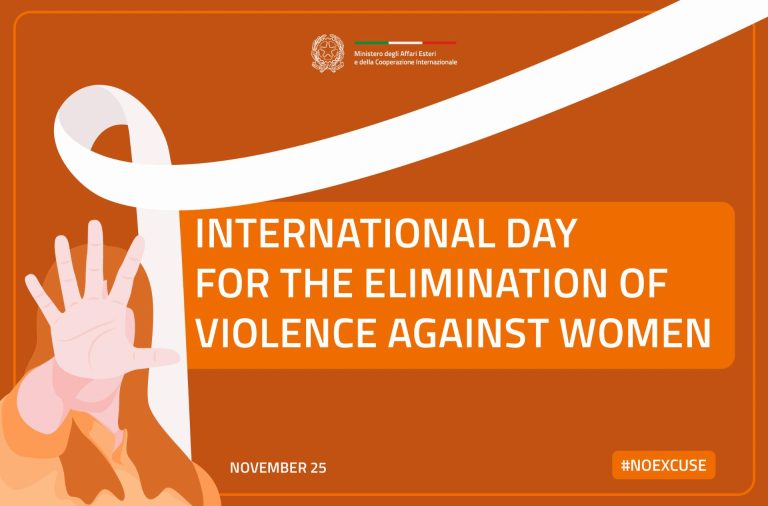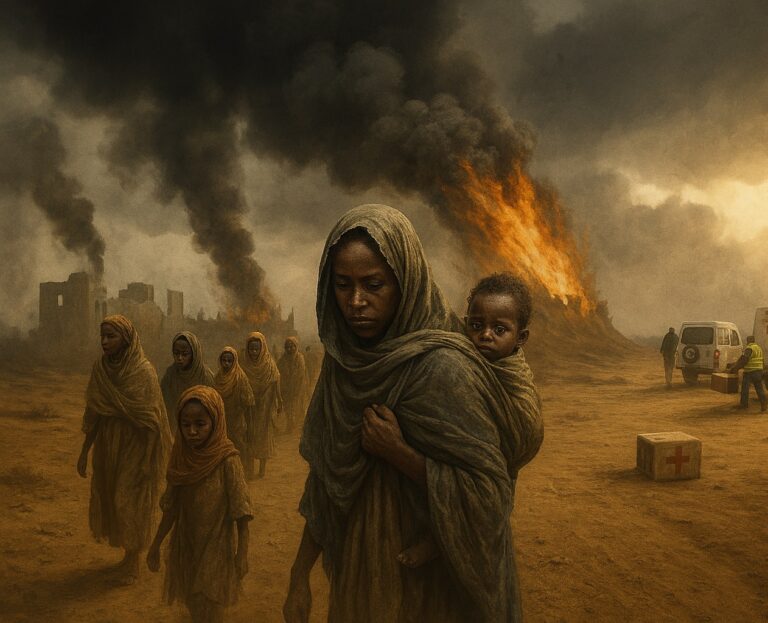Five years after its last term, Italy returns to sit on the United Nations Human Rights Council (HRC) as a voting member, reaffirming its role in the universal defense of human rights.
Today the UN General Assembly confirmed Italy’s candidacy with 179 votes. Italy was the most voted nation in the Western European and Others Group, for the third consecutive time after its results in the elections to the UN Commission on Narcotic Drugs (2023) and to the Economic and Social Council (2024).
Foreign Minister Antonio Tajani welcomed with satisfaction this demonstration of international confidence, a recognition of our country’s longstanding commitment and attention to the protection of human rights, the promotion of global dialogue, the safeguarding of minorities, and the irreplaceable value of civil society.
With this new mandate — the fourth since the Council’s creation in 2006 — Italy is preparing to renew its commitment. Italian action in the HRC will focus on issues such as the fight against all forms of discrimination, the protection of the rights of children, the elderly, and persons with disabilities, the defense of freedom of expression and religion, as well as the safeguarding of cultural and religious heritage. Added to these is a historic battle of Italian diplomacy: the universal moratorium on the death penalty, the first step toward its complete abolition.
Italy will continue to work side by side with all international partners to strengthen the effectiveness of the HRC. The goal is clear: to make the Council an increasingly solid point of reference in the promotion of fundamental human rights, defending their universality, interdependence, and non‑selective character.











